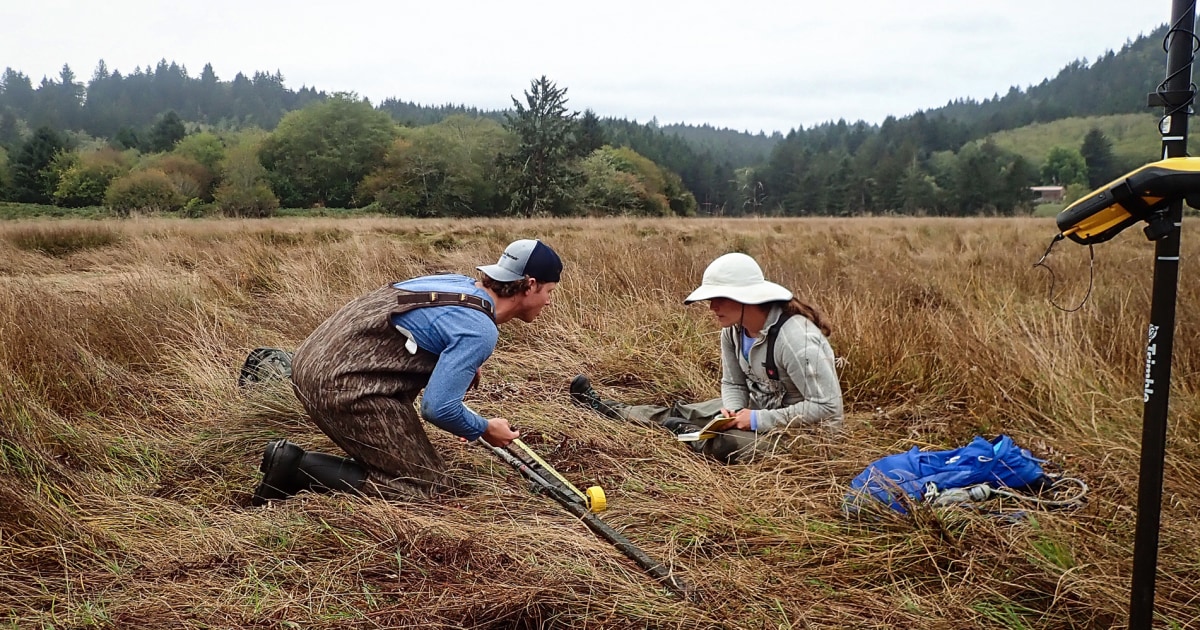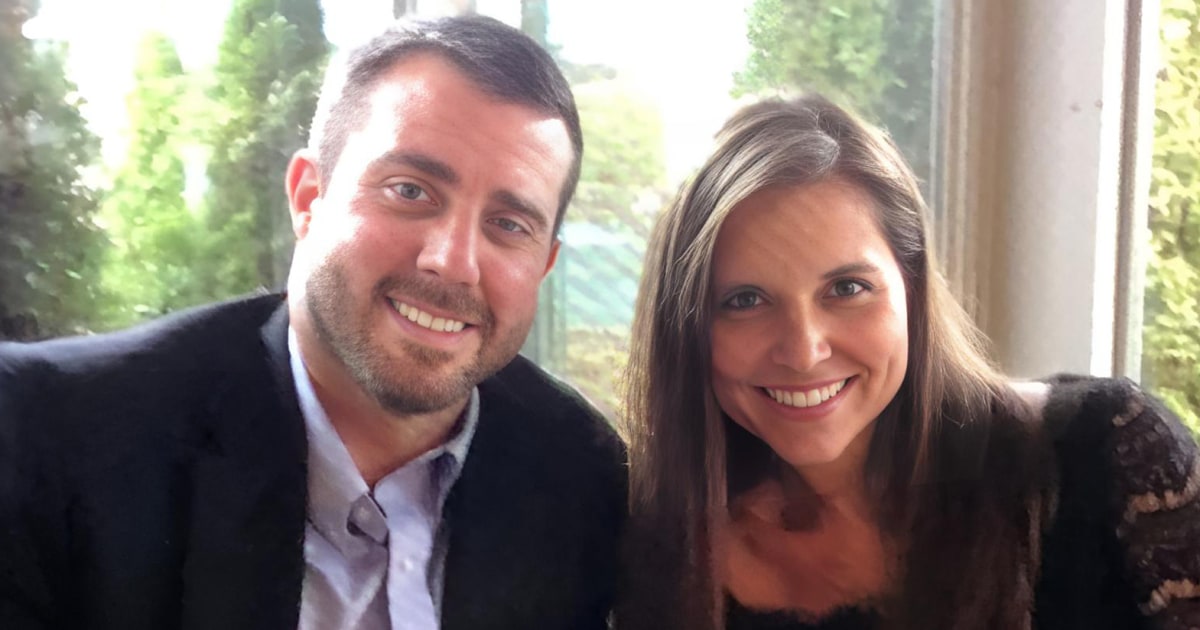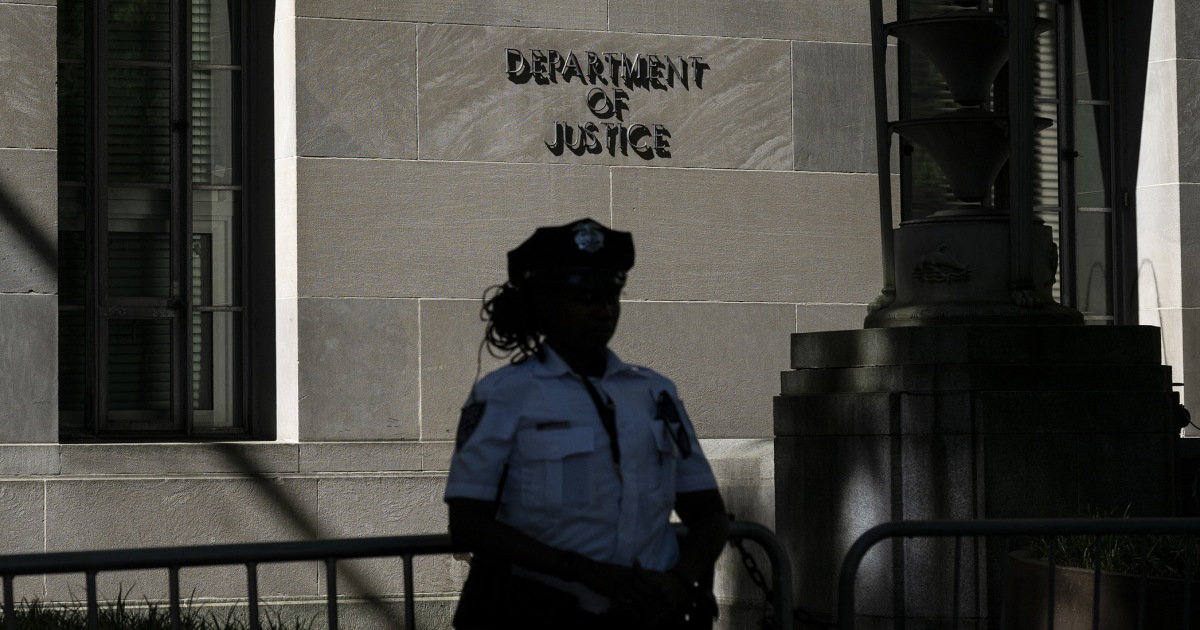An American professor at Princeton University and a British-Canadian professor at the University of Toronto won the Nobel Prize in Physics on Tuesday for research that “formed the building blocks” of a key part of artificial intelligence.
John J. Hopfield, 91, was awarded the honor alongside Geoffrey E. Hinton, 76, who left his job at Google last year so he could speak freely about his concerns over the technology.
Since the 1980s, the pair have been using tools from physics to develop the foundations of what is known as “machine learning,” one of the core concepts of AI widely used today.
Their research “formed the building blocks of machine learning, that can aid humans in making faster and more reliable decisions,” Ellen Moons, chair of the Nobel Committee for Physics, told a news conference. The use of this technology has “become part of our daily lives, for instance in facial recognition and language translation,” Moons said, while warning that AI’s “rapid development has also raised concerns about our future.”
Machine learning involves feeding computers masses of data so they can “learn” how to do all sorts of things — from diagnosing diseases to knowing what people’s favorite streaming shows are.
Hopfield has been a key influential figure in this field since 1982, when he invented the “Hopfield network” — a method widely used since. Hinton used this basis to come up with “the Boltzmann machine,” which can used for tasks such as classifying images.
This is a developing story. Please check back for updates.

 8 months ago
8 months ago
 (200 x 200 px).png)








 English (US) ·
English (US) ·